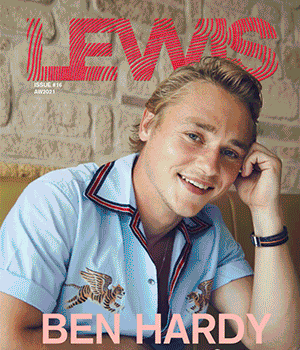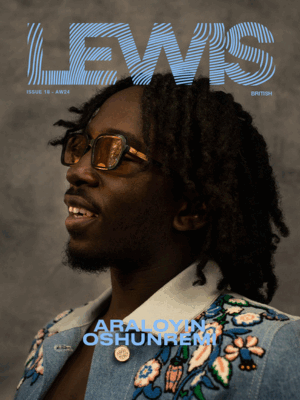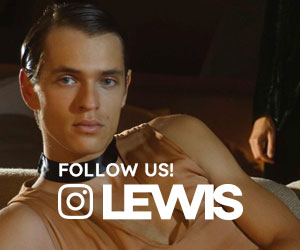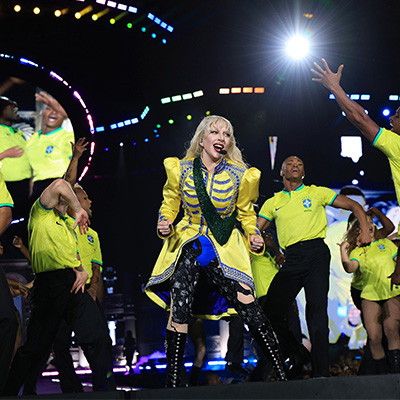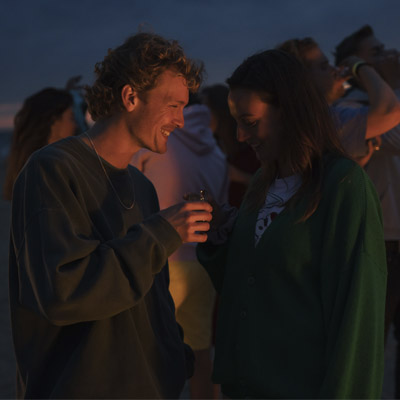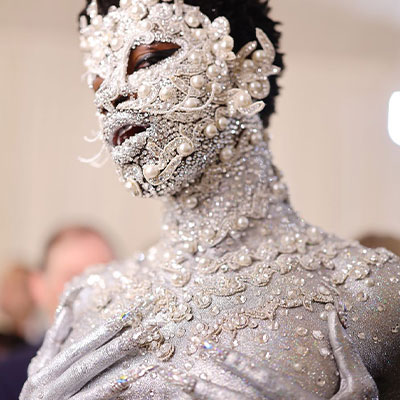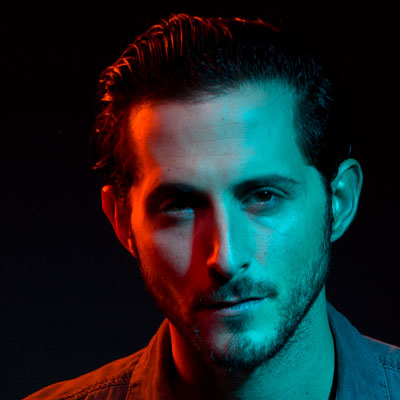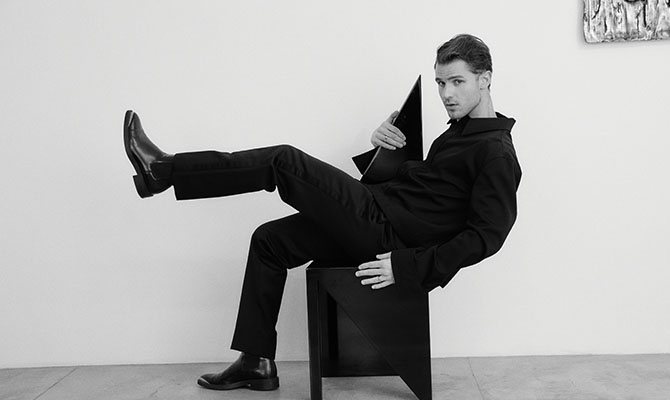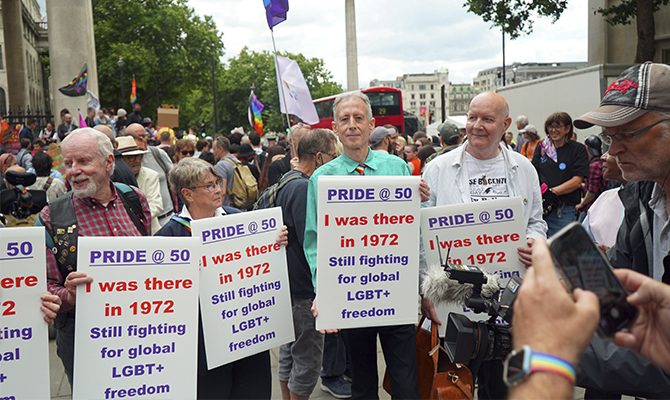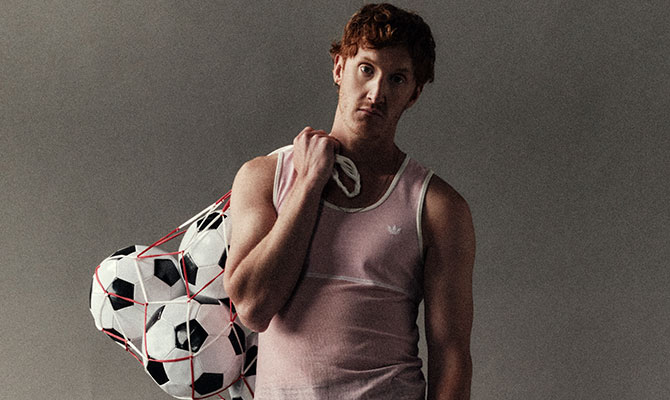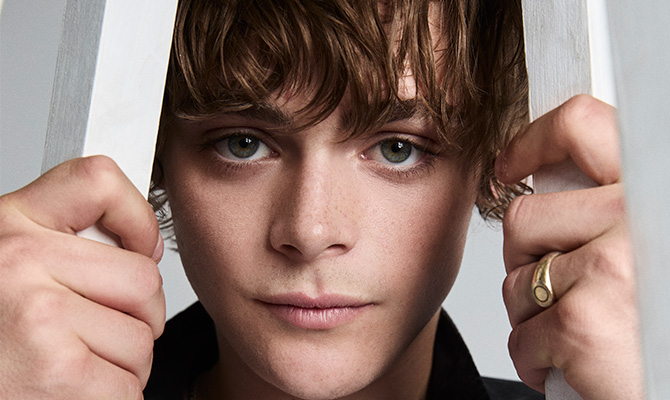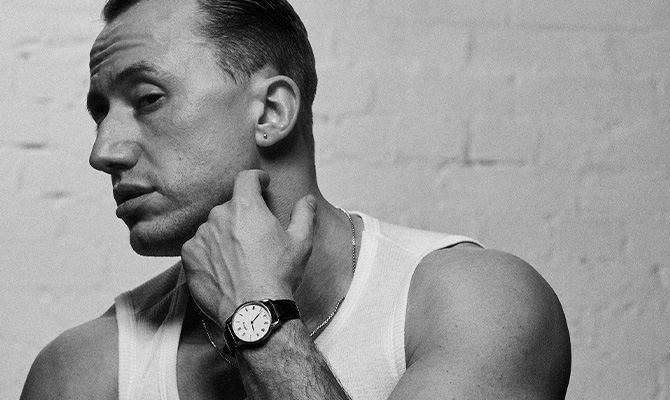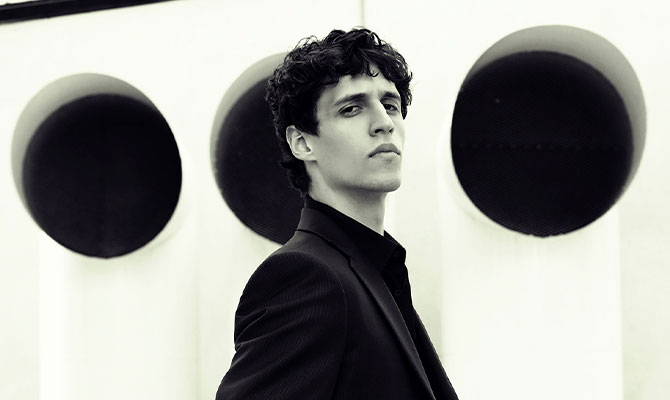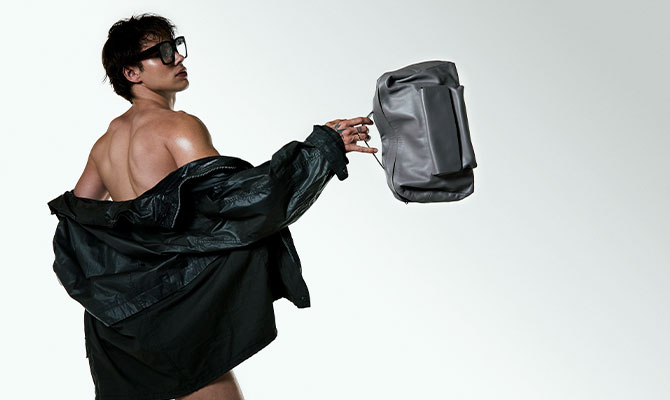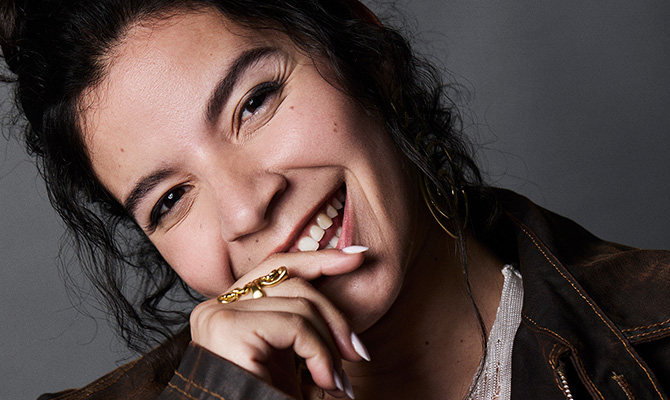Exploring the Depths of Character: An Exclusive Interview with Actor Eoin Macken
Embarking on an illuminating conversation with our talent features editor, Sofia Deus, actor Eoin Macken shares his insights and experiences in an exclusive interview.
In the realm of storytelling, few mediums hold the power to captivate audiences quiet like television and film. Within these realms, actors serve as the conduits through which narratives come alive, breathing life into characters that linger in the minds of viewers long after the credits roll. Eoin Macken, a multifaceted talent known for his roles in both television and film, has carved a path as a compelling actor, film-maker, and storyteller. From his early days portraying the legendary wizard Merlin to his latest venture in the riveting series La Brea, Macken’s versatility and dedication to his craft shine through in every role he undertakes. In this exclusive interview, we delve into Eoin Macken’s journey as an actor, his approach to portraying diverse characters, and his insights into the intricacies of storytelling in the modern entertainment landscape.
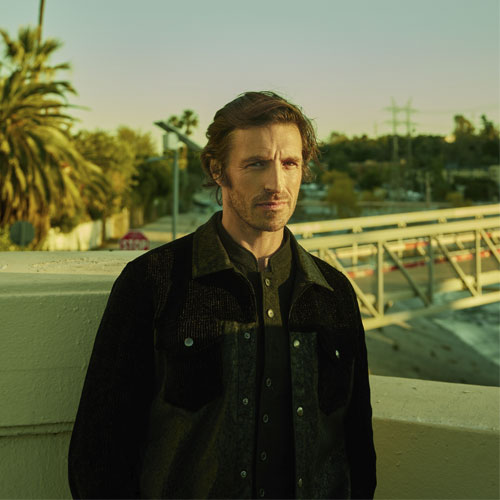
Photo credit: Storm Santos
EM – Yes, it’s, uh, you know what, it’s one of those shows that, um, I was talking to Jon Seda, who plays Dr. Sam. We were discussing it yesterday on the phone as we’re collaborating on another project together. We were talking about La Brea, and we’re both saddened by its end but also, we both enjoyed a lot of it. But at the same time, it always felt to me, and I mentioned this to the show-runner as well, that it needed a bit more space, a bit more time, because there’s so much that happens in the storyline. Especially in season three, it began to really settle into its own. There’s some great stuff in season one as well, but it was in season three when it really found its footing. There was a chaotic level of imagination that they brought to it, where things were happening, and we never had any idea what would go on from script to script. But it was exhilarating, and I loved it.
It’s interesting if you think back to how we started off in the pilot episode, and then how the whole show finished. It’s kind of like, what has happened? If you wrote that down on a single page, you’d be like, “I’m sorry, what? It’s nuts.”
SD – With La Brea entering its third and final season, how do you feel about the journey your character, Gavin Harris, has taken from his mysterious origins in 10,000 BC to the challenges he faces in modern-day Los Angeles?
EM – You know, I think they did a fantastic job with Gavin Harris’s arc. He starts off in a situation where he’s not a good husband or father for reasons that seem somewhat out of his control. He’s struggling with alcoholism and various issues. But by the end of season three, he completes a journey of becoming a better father, understanding his daughter, and improving his relationship with his wife. He takes responsibility for his actions, and I thought it was a beautiful character arc. It was important to see how the family’s journey evolved alongside his, and I was proud to be a part of it.
SD – Thank you. Your character, Gavin, has a complex relationship with his estranged wife, Eve. How has portraying this dynamic challenged you as an actor, and what can viewers expect from their interactions in the coming season?
EM – It was tough portraying the dynamic between Gavin and Eve, especially considering everything that happens with her going missing and their strained relationship. Yet, despite their estrangement, they’re both still in love and must fight to be together. I think it reflects the difficulties of relationships, especially when bringing in external pressures. The show is ultimately about family and personal growth, and viewers can expect to see how both characters evolve and navigate their relationship amidst the challenges they face.
SD – The concept of La Brea is undeniably unique and captivating. What drew you to this project initially, and how do you think it stands out amongst other sci-fi fantasy series?
EM – What drew me initially was the sheer craziness of the concept. I had never read anything like it before, and I was immediately intrigued by where the story would go. Growing up, I loved immersive storytelling like Michael Crichton’s books and films like Jurassic Park. La Brea had that same sense of unpredictability and excitement. It stood out to me because it blended elements of fantasy with a compelling human drama. It wasn’t just about the fantastical elements; it was about the characters and their journey, which made it unique in the sci-fi genre.
SD – You are set to star in the new Roku series Borderline. Can you give us any insights into your character or what viewers can expect from this upcoming show?
EM – Yes, I can. Borderline is a series that follows two police officers from different sides of the Irish border as they investigate crimes together. My character, a Northern Irish police officer, clashes with his Southern Irish counterpart as they navigate their differences and work to solve cases. It’s a blend of drama, comedy, and social commentary, touching on the complexities of the Irish border and its historical significance. It was a fascinating project to work on, and I think viewers can expect a thought-provoking and entertaining series.
SD – Your film, ‘Here Are the Young Men,’ explores themes of toxic masculinity. What inspired you to tackle this subject, and what message do you hope audiences take away from the film?
EM – I was inspired to tackle the subject of toxic masculinity after reading Rob Doyle’s book, which had a cinematic quality that resonated with me. I wanted to explore similar themes but in a darker and more intense manner. The film delves into the pressures faced by young men and the consequences of their actions. I hope audiences will reflect on the societal norms that contribute to toxic behaviour and consider the impact it has on individuals and society. The ending is deliberately ambiguous, encouraging viewers to engage in discussions about morality and personal responsibility.
SD – As a multi-hyphenated film-maker, you’ve written, directed, and produced various projects. How does your approach to storytelling differ when you are behind the camera compared to when you’re in front of it?
EM – My approach to storytelling varies depending on whether I’m behind or in front of the camera. When writing and directing, I focus on crafting a cohesive narrative and creating memorable characters. I enjoy the creative control and the ability to shape the story from start to finish. However, when acting, I’m more focused on embodying the characters and bringing their story to life. I rely on my understanding of storytelling to inform my performance, but ultimately, I trust the director’s vision and collaboration with the cast and crew to bring the story to fruition.
SD – From Merlin to La Brea, you’ve portrayed a diverse range of characters on television. What draws you to a particular role, and how do you prepare yourself to inhabit these different characters?
EM – I’ve been fortunate to portray a variety of characters throughout my career. What draws me to a role is the complexity of the character and the opportunity for growth and development. I’m drawn to characters with depth and nuance, who undergo significant journeys over the course of the story. To prepare for a role, I immerse myself in the character’s world, researching their background and motivations. I also collaborate with the director and fellow cast members to ensure a cohesive portrayal. Each character presents its own challenges and rewards, and I approach each role with dedication and passion.
SD – If you could go for a drink with one of the characters you’ve portrayed, who would you choose?
EM – Without a doubt, I would choose Gawain from Merlin. He’s adventurous, fun-loving, and always up for a fun time. I feel like we would have some interesting adventures together.
SD – Your filmography includes both television and film projects. Is there a medium you prefer working in, and why?
EM – I don’t have a preference between television and film. Each medium offers its own unique challenges and rewards. With film, there’s a shorter, more intense process, and you must be specific about your character from the outset. Television allows for a longer exploration of character arches and a deeper connection with the audience over time. I enjoy both mediums for varied reasons and appreciate the opportunities they provide for storytelling.
SD – You’ve worked alongside some incredible talents in your career. Can you share any memorable experiences or lessons you’ve learned from collaborating with other actors and film-makers?
EM – I’ve had the privilege of working with some amazing talents throughout my career. One lesson I’ve learned is the importance of professionalism and respect on set. Working with actors like Milla Jovovich on Resident Evil – The Final Chapter, taught me the value of keeping a positive attitude and creating a supportive environment for everyone involved. I’ve also learned the importance of preparation and collaboration, as film-making is a team effort that requires trust and communication among cast and crew.
SD – Looking ahead, what are some dream projects or roles you’d like to pursue in the future, in front and behind the camera?
EM – One project I’m currently passionate about is a film about Cú Chulainn, an Irish mythological figure. I’ve been working on developing this project, and I’m excited about the opportunity to bring this character to life on screen. Additionally, I’m open to exploring a variety of roles and genres in both film and television. Ultimately, I’m drawn to projects that challenge me creatively and allow me to continue growing as an artist.
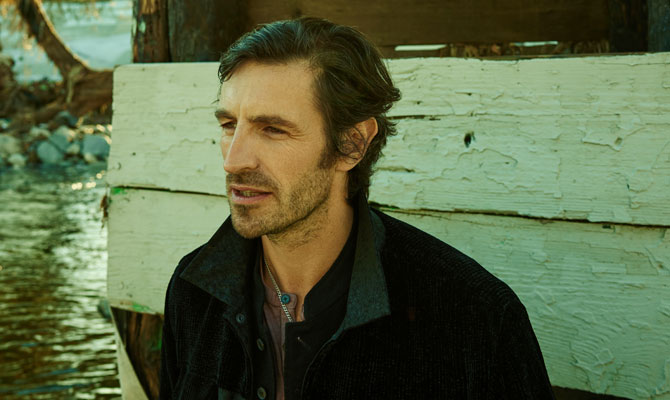
Photo credit: Storm Santos
La Brea final season 3 is out now on Netflix

